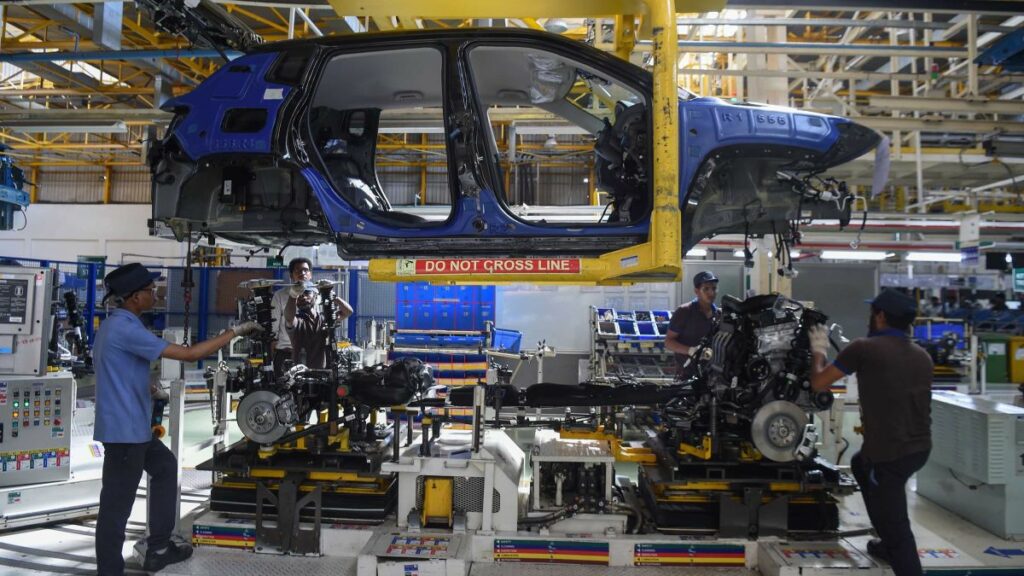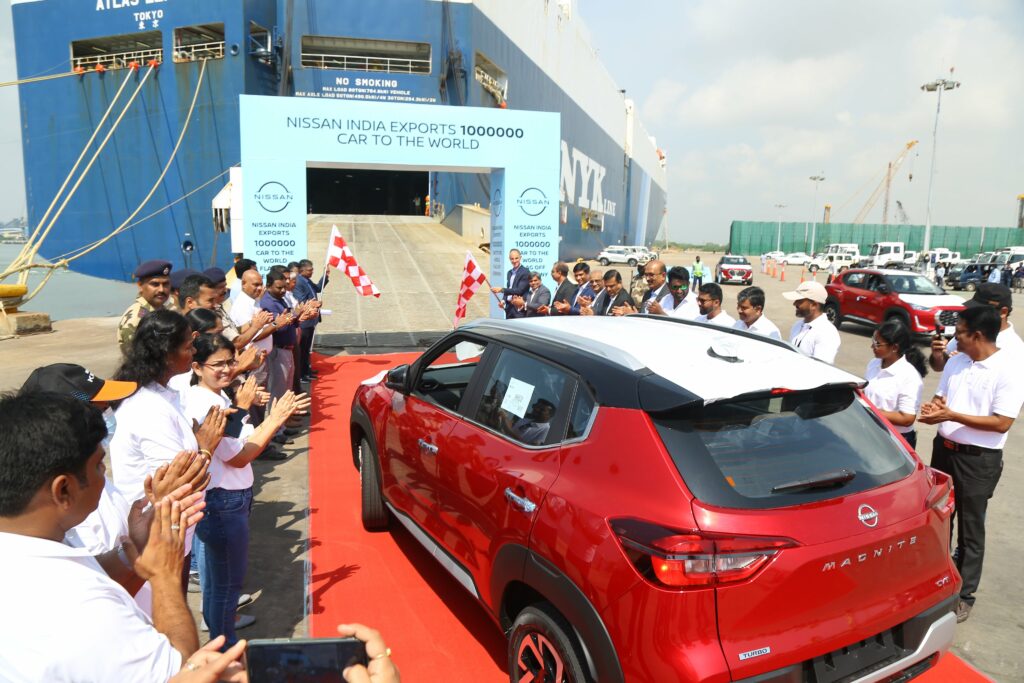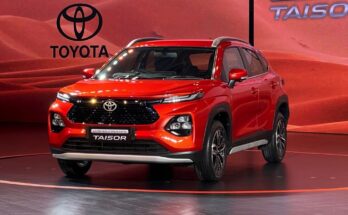India has outpaced Japan in automobile sales for the first time selling 4.25 million new cars in 2022, beating Japan’s 4.2 million sales. This marks the first time ever India has secured a spot on the podium for global auto sales.
Related: Prices of EVs in India to be Equal of Petrol Cars in 2 Years
According to The Society of Indian Automobile Manufacturers, 4.13 million new cars were delivered in India between January and November 2022, with almost 4.25 million units sold when December’s sales are included. It’s worth noting that India’s sales volume is expected to rise further with the inclusion of pending fourth-quarter sales figures for commercial vehicles, along with year-end results yet to be released by Tata Motors and other automakers, according to Nikkei Asia.

In Japan, 4,201,321 vehicles were sold last year, down 5.6% from 2021, according to data from the Japan Automobile Dealers Association and the Japan Light Motor Vehicle and Motorcycle Association. Japan’s auto sales peaked in 1990 at 7.77 million units, meaning sales have tumbled by nearly half from the all-time high, according to Nikkei Asia. And the country’s declining population offers little prospect for a significant recovery in sales in the foreseeable future.
Related: Nearly 17 New Cars to Discontinue in India in 2023
In terms of output, India has retained its position as the fourth largest light vehicle producer, producing over 5 million units for the first time. Gasoline-powered vehicles, including a few hybrids, made up the majority of new car sales in India last year. Electric cars are not yet a huge factor though they are selling more every month. The most popular models sold in India include fewer semiconductors than those bought in developed nations.

The auto industry in India has experienced some fluctuations in recent years. In 2019, sales volume fell to below 4 million units from the about 4.4 million units sold in 2018, partly due to a credit crunch that impacted the nonbank sector that year. Sales fell even lower, below the 3 million-unit mark, in 2020 due to the COVID-19 pandemic and the nationwide lockdown it prompted. Sales bounced back in 2021, reaching close to 4 million units, but growth was hampered by a shortage of automotive chips. In 2022, the automotive chip crisis began to ease, which served as a launchpad for a comeback for automakers like Tata Motors and Maruti Suzuki.

A computer animation professional with over 23 years of industry experience having served in leading organizations, TV channels & production facilities in Pakistan. An avid car enthusiast and petrolhead with an affection to deliver quality content to help shape opinions. Formerly written for PakWheels as well as major publications including Dawn. Founder of CarSpiritPK.com




